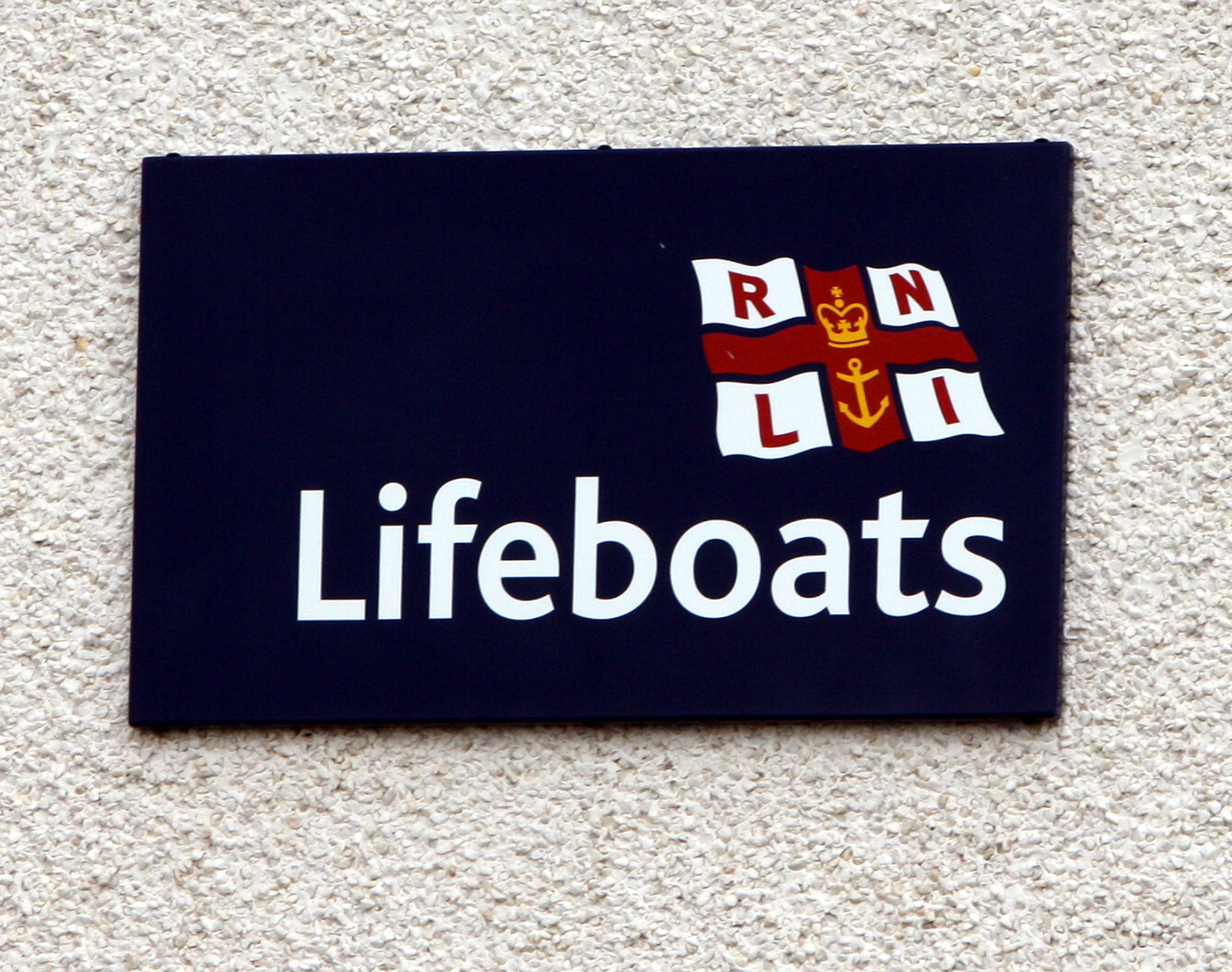Video captures moment two men rescued after being swept out to sea
The pair, whose boat had capsized, said floating on their backs saved their lives.

A video has shown the moment two men were rescued after being swept out to sea.
David Henderson and Brian Harding were on a fishing trip on the River Axe in Devon when their 16ft boat was hit by a wave and capsized, casting them into the cold water.
The pair had been heading back to shore when they were flung into the water just as it was getting dark.
I’m grateful I saw that RNLI poster so many times that I instinctively knew to float to live
Mr Henderson, 52, from Ilminster and Mr Harding, 73, from Chard, whose leg was also in a plaster cast, said they quickly realised their attempts to swim to safety were futile as they felt the strong current carry them into the sea.
Both became separated but have credited remembering to float on their backs with how they managed to stay alive.
The Royal National Lifeboat Institution’s (RNLI) campaign Float to Live urges anyone who gets into trouble in water to ‘lean back, using your arms and legs to stay afloat’ before calling for help.
The charity has said it wants to remind people of their advice ahead of the Platinum Jubilee and half-term holiday when millions are expected to head to the coast.
It follows the death of 13-year-old Kane Edwards after he got into trouble in the River Tawe in Morriston, Swansea on Tuesday.
There were 277 deaths in the UK from accidental drownings in 2021, across inland and coastal locations, an increase of 23 from the previous year.
Mr Henderson said he recalled seeing an RNLI Float to Live poster in his local yacht club which helped him when he got into trouble.
He said: “I was in the water for 20 or 30 minutes. I’ve never been in the water like that so I was concentrating on what I needed to do before my brain started shutting down, because I knew I was at risk of hypothermia.
“At my local yacht club there is an RNLI poster with Float to Live advice on it, I walk by it on a daily basis so it really reinforced the message. I knew to lay back in the water while we waited for help.”
Mr Harding said he “had no option other than to start floating on my back” which helped him catch his breath.
A fisherman who was taking photos of the sunset saw what happened and raised the alarm by calling 999 and asking for the coastguard.
Lyme Regis RNLI Lifeboat Station sprung into action and its crew members quickly arrived at the scene and pulled the men from the water, airlifting them to hospital.
It is important that anyone visiting the coast understands the risks of the environment.
Mr Henderson added: “I feel exceedingly lucky to be alive. There were so many things that were important to our rescue from the onlooker on the beach who knew what to do and called 999 and asked for the coastguard, to the speed the RNLI were able to launch.
“I’m also very grateful I saw that RNLI poster so many times that I instinctively knew to float to live.”
Gabbi Batchelor, from the RNLI said: “We are expecting the Platinum Jubilee Bank Holiday weekend and the half-term holidays to be incredibly busy at the coast.
“It is important that anyone visiting the coast understands the risks of the environment. It can be very unpredictable, particularly during early summer when the risk of cold water shock significantly increases, as air temperatures warm but water temperatures remain dangerously cold.”
Ms Bachelor recommended people visit a lifeguarded beach and swim between the red and yellow flags.